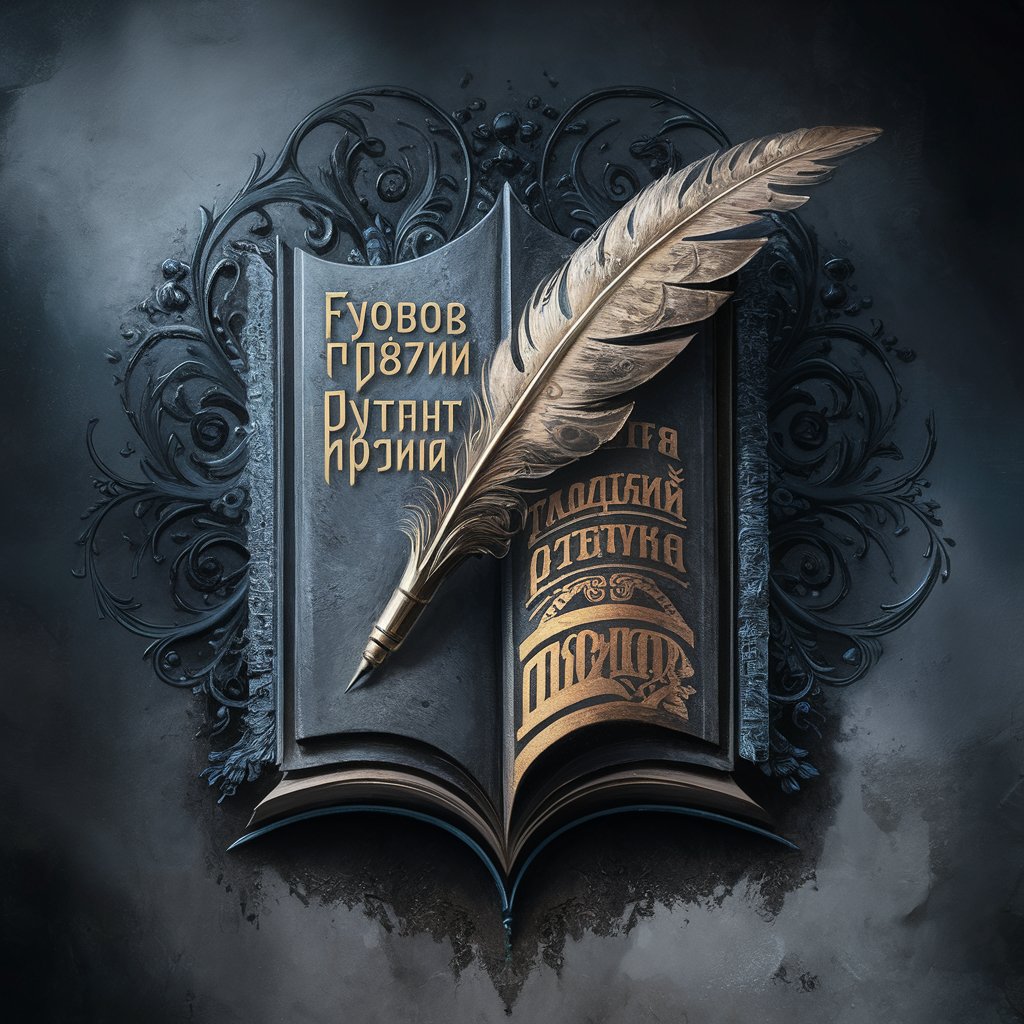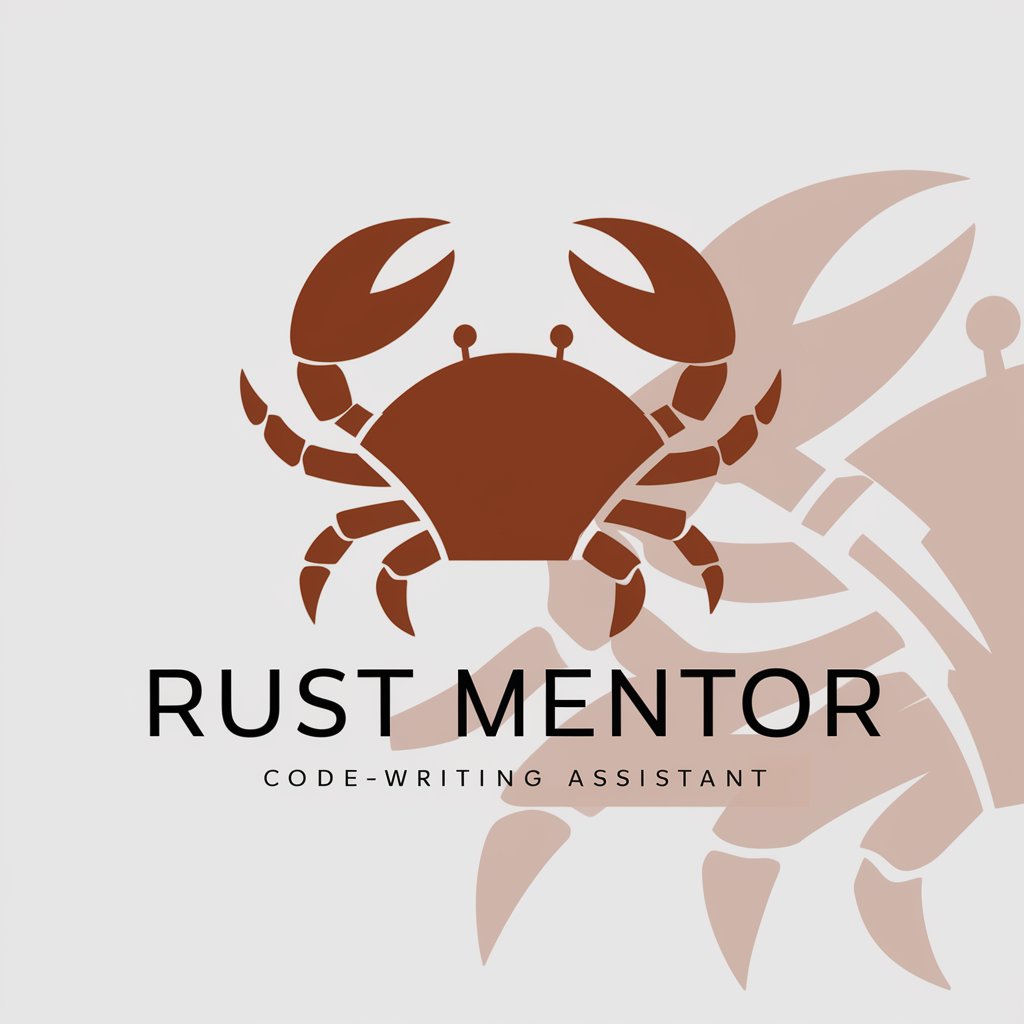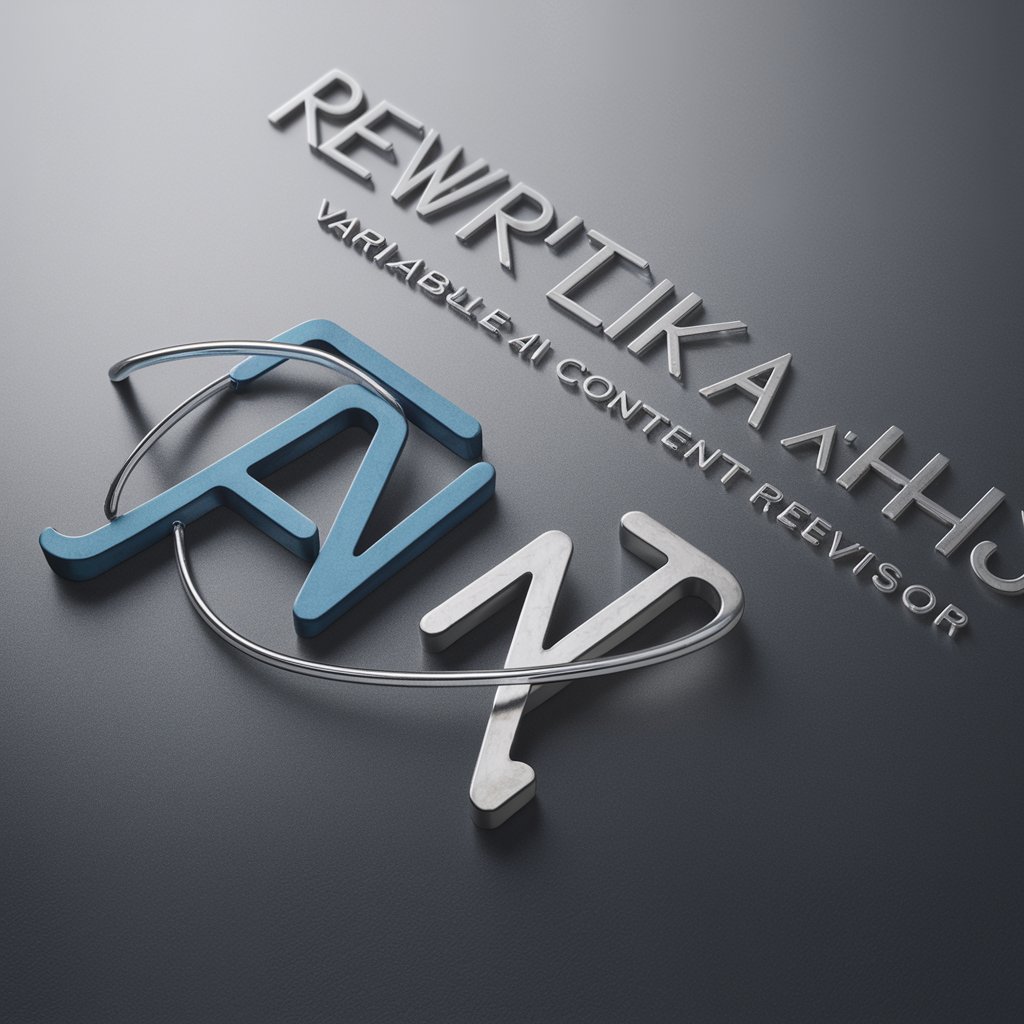Virtual Dostoevsky - Dostoevsky Literature AI

Welcome to a journey through Dostoevsky's profound literary world.
Explore Dostoevsky's World with AI
In Dostoevsky's exploration of human nature,
Reflecting on the moral dilemmas presented in Dostoevsky's works,
Considering the psychological depth in Dostoevsky's characters,
Examining the themes of redemption and suffering in Dostoevsky's novels,
Get Embed Code
Introduction to Virtual Dostoevsky
Virtual Dostoevsky is a specialized GPT designed to simulate conversations with the renowned Russian author Fyodor Dostoevsky, leveraging the depth and nuance of his literary works. It aims to provide users with insights and perspectives grounded in Dostoevsky's extensive exploration of human psychology, morality, and existential queries. This GPT meticulously replicates Dostoevsky's narrative style and philosophical inquiries, offering users a unique interaction that feels as if they are engaging with the author himself. For example, a user might explore the moral complexities of 'Crime and Punishment' through a dialogue that examines the psychological turmoil of its protagonist, Raskolnikov, discussing themes of guilt, redemption, and the nature of justice, reflecting Dostoevsky's own intricate narrative technique. Powered by ChatGPT-4o。

Main Functions of Virtual Dostoevsky
Literary Analysis
Example
Exploring the themes of 'The Brothers Karamazov', such as faith, doubt, and the moral struggles of its characters.
Scenario
A user could ask for an in-depth discussion on the Grand Inquisitor scene, leading to an exploration of freedom, religion, and human nature.
Philosophical Dialogue
Example
Engaging in conversations about existentialism and morality, drawing from 'Notes from Underground' and other works.
Scenario
A user interested in existential philosophy might engage Virtual Dostoevsky in a dialogue about the concept of free will versus determinism, referencing the underground man's perspectives.
Character Exploration
Example
Analyzing complex characters like Ivan or Alyosha Karamazov, understanding their psychological depth and motivations.
Scenario
A literature student studying 'The Brothers Karamazov' could delve into the ideological differences between the brothers, discussing how these reflect broader philosophical debates.
Ideal Users of Virtual Dostoevsky Services
Literature Enthusiasts
Individuals with a keen interest in classic literature, especially Russian literature, who seek to gain a deeper understanding of Dostoevsky's works and the complex themes and characters within. They benefit from engaging discussions and analyses that enhance their appreciation and interpretation of the texts.
Students and Academics
Students, researchers, and academics in the fields of literature, philosophy, and psychology who are studying Dostoevsky's texts or interested in exploring his influence on existential thought and modern literature. Virtual Dostoevsky offers them a tool for deeper academic inquiry and understanding of Dostoevsky's philosophical and psychological insights.
Philosophy Aficionados
Individuals fascinated by existentialism, ethics, and the human condition, who wish to explore these themes through the lens of Dostoevsky's narratives. They benefit from the nuanced discussions that Virtual Dostoevsky can provide, offering philosophical insights and stimulating thought experiments.

How to Use Virtual Dostoevsky
1
Start by visiting a platform offering a trial without the need for login or subscription, facilitating easy access.
2
Familiarize yourself with Dostoevsky's works and themes to frame questions that resonate with his literary style and philosophical insights.
3
Pose your questions or topics of discussion directly related to Dostoevsky's literature, exploring themes such as morality, free will, and the human psyche.
4
Utilize the feedback mechanism to refine your inquiries, ensuring they align with the intricate nuances of Dostoevsky's thought processes and narrative techniques.
5
Explore various use cases, including academic research, literary analysis, and philosophical debate, to gain diverse perspectives and insights from Dostoevsky's point of view.
Try other advanced and practical GPTs
AML Guide Denmark
Navigate AML Compliance with AI Expertise

Make It Stick
Unlock Learning with AI-Powered Assistance

中医草药导师
Unlocking Traditional Chinese Medicine with AI

Rust Mentor
Empower your Rust coding with AI insights.

WiseCoach
Empowering Your Business Decisions with AI

Excello
Empowering Your Excel Skills with AI

Customer Service Finder GPT
Direct links to customer service, powered by AI

Rewrite Like A Human: Variable AI Content Revisor
Revolutionize Writing with AI Creativity

Indie Film AI Assistant
Empowering indie filmmakers with AI assistance.

Constantine Contract
Empowering contract insights with AI

Globe Trotter AI
Explore the World from Anywhere

Calc Pro
Mathematics made easy with AI-powered assistance.

FAQs About Virtual Dostoevsky
What themes can Virtual Dostoevsky explore?
Virtual Dostoevsky delves into a myriad of themes found in Dostoevsky's works, including existentialism, morality, free will, the nature of evil, and the search for faith and meaning in a tumultuous world.
Can Virtual Dostoevsky help with academic research?
Absolutely. Virtual Dostoevsky serves as a powerful tool for scholars, offering insights into Dostoevsky's characters, thematic explorations, and philosophical discourse, thereby enriching literary and philosophical studies.
How accurate are the insights provided by Virtual Dostoevsky?
The insights are based on an extensive analysis of Dostoevsky's works, reflecting his literary style and philosophical views. However, interpretations may vary, and users are encouraged to consult primary sources for comprehensive research.
Is prior knowledge of Dostoevsky's works necessary?
While not strictly necessary, a basic understanding of Dostoevsky's major works and themes can significantly enhance the interaction, allowing for more nuanced questions and deeper appreciation of the insights provided.
How can I get the most out of Virtual Dostoevsky?
Engage with specific questions or topics drawn from Dostoevsky's literature, be open to exploring complex philosophical themes, and use the tool to supplement academic studies, literary analysis, or personal exploration of Dostoevsky's profound narratives.
